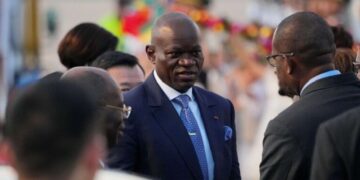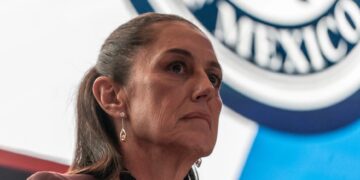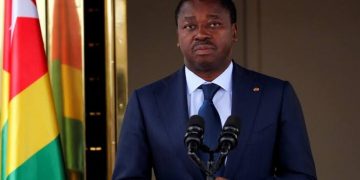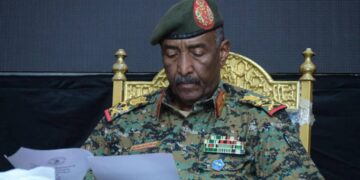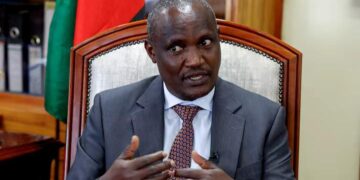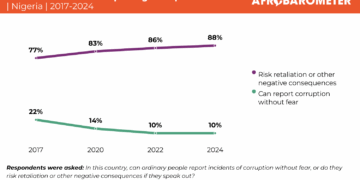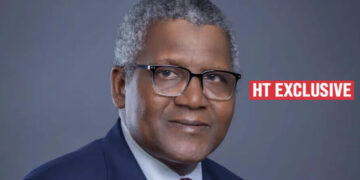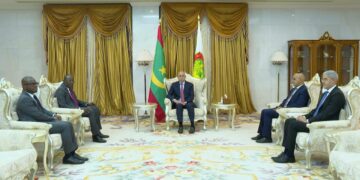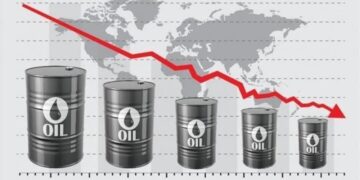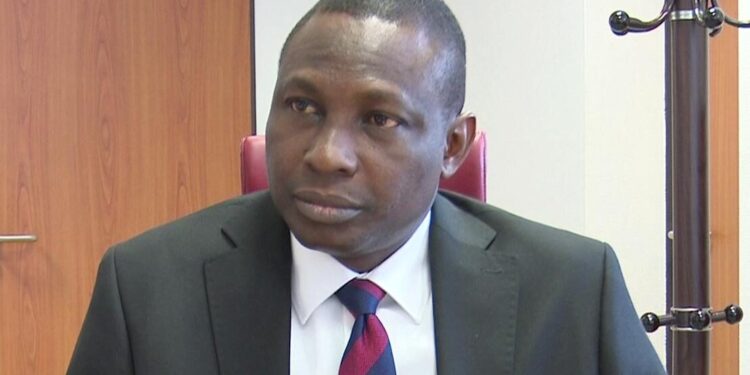By Ebi Kesena
Africa loses approximately $88.6 billion to illicit financial flows (IFFs) each year, according to Olanipekun Olukoyede, Executive Chairman of the Economic and Financial Crimes Commission (EFCC) in Nigeria.
Speaking in Tunis, Tunisia, at the Pan-African Conference on Illicit Financial Flows and Taxation, Olukoyede emphasized the severe impact of IFFs on Africa’s economic stability and development.
He noted that these funds could be used for critical infrastructure, healthcare, and education.
The conference, held from June 26-28, 2024, gathered stakeholders to explore innovative methods for asset recovery and financial reintegration in Africa. Olukoyede discussed the Common African Position on Asset Recovery (CAPAR) and stressed the need for international cooperation, citing the Stolen Asset Recovery Initiative (StAR) by the World Bank and the United Nations Office on Drugs and Crime (UNODC) as essential.
Olukoyede shared success stories, including Nigeria’s repatriation of $311 million of the Abacha loot from the United States in 2020. This recovery, achieved through international collaboration, funds key infrastructure projects such as the Second Niger Bridge and the Lagos-Ibadan Expressway, aligning with the African Union’s Agenda 2063.
He also referenced outcomes from a high-level technical stakeholders meeting in Addis Ababa, organized by the African Union Advisory Board against Corruption (AUABC) and the African Union Commission, focusing on the establishment of the Pan-African Asset Recovery Practitioners Forum.
Addressing challenges in asset recovery, Olukoyede identified technical, legal, and political obstacles.
He called for strengthening legal and institutional frameworks across Africa and advocated for capacity building, robust legal frameworks, and enhanced national, regional, and international coordination. He emphasized using advanced technologies like data analytics, blockchain, and AI for asset tracking and recovery.
However, Olukoyede called for collective efforts to prevent resources from leaving Africa, stressing the importance of turning words into action for the continent’s betterment.








